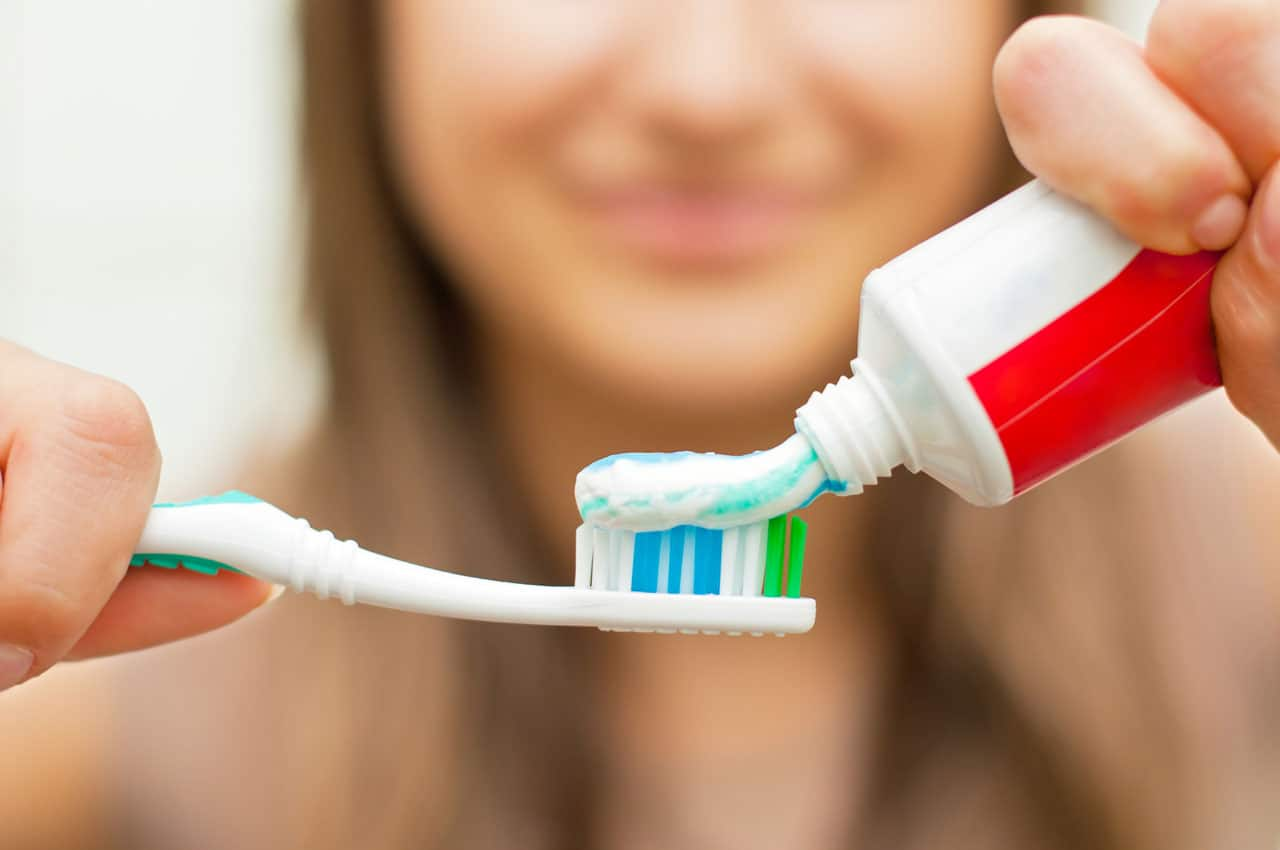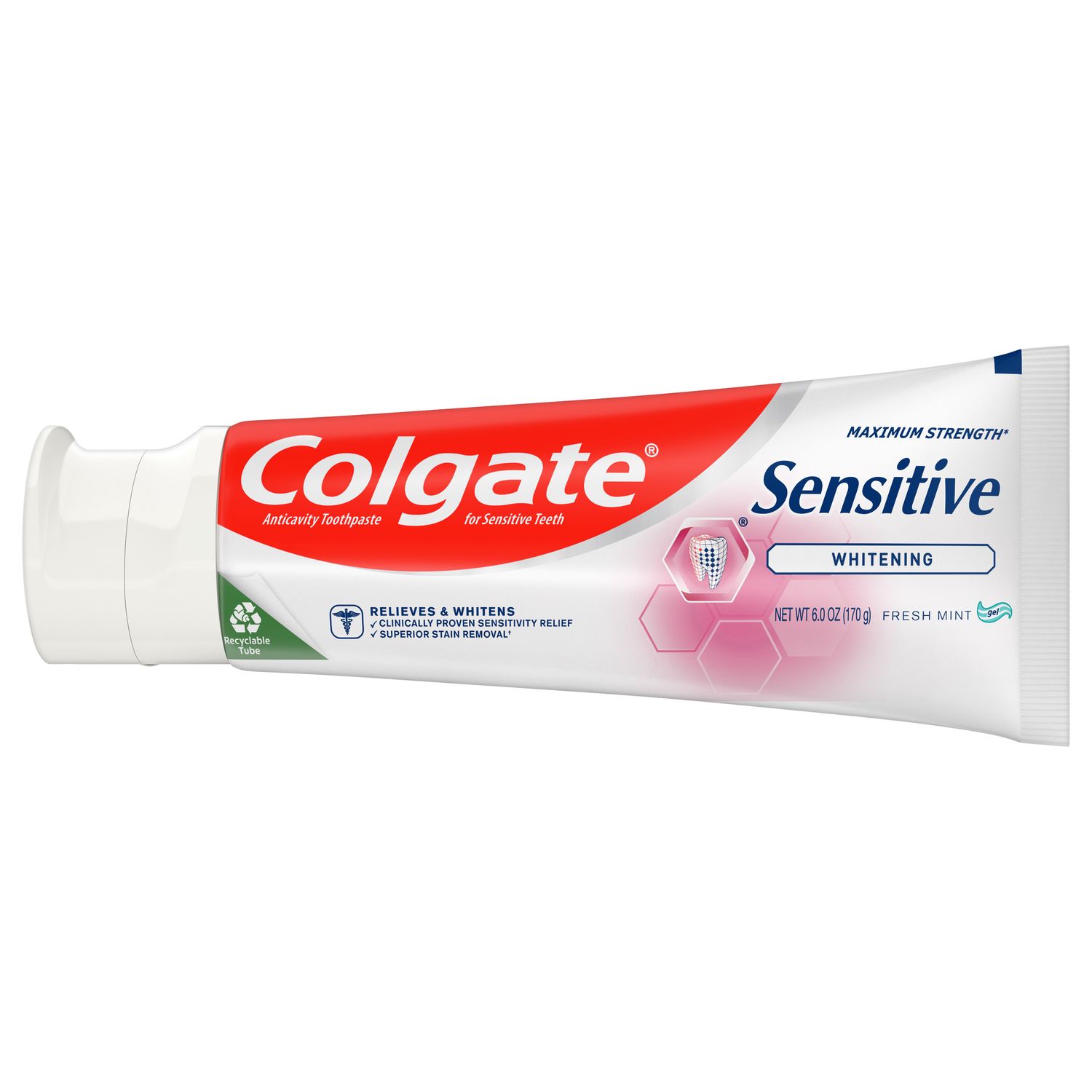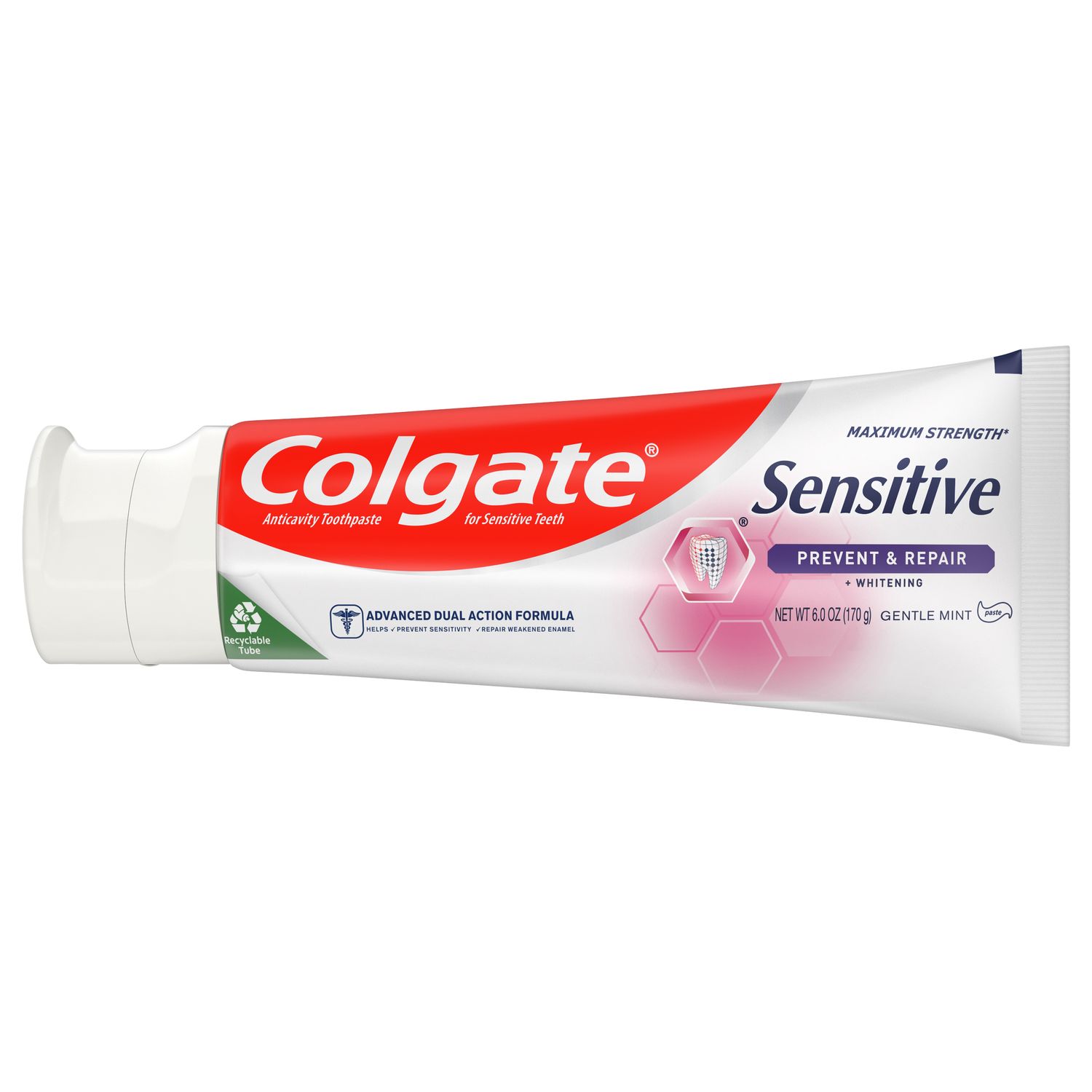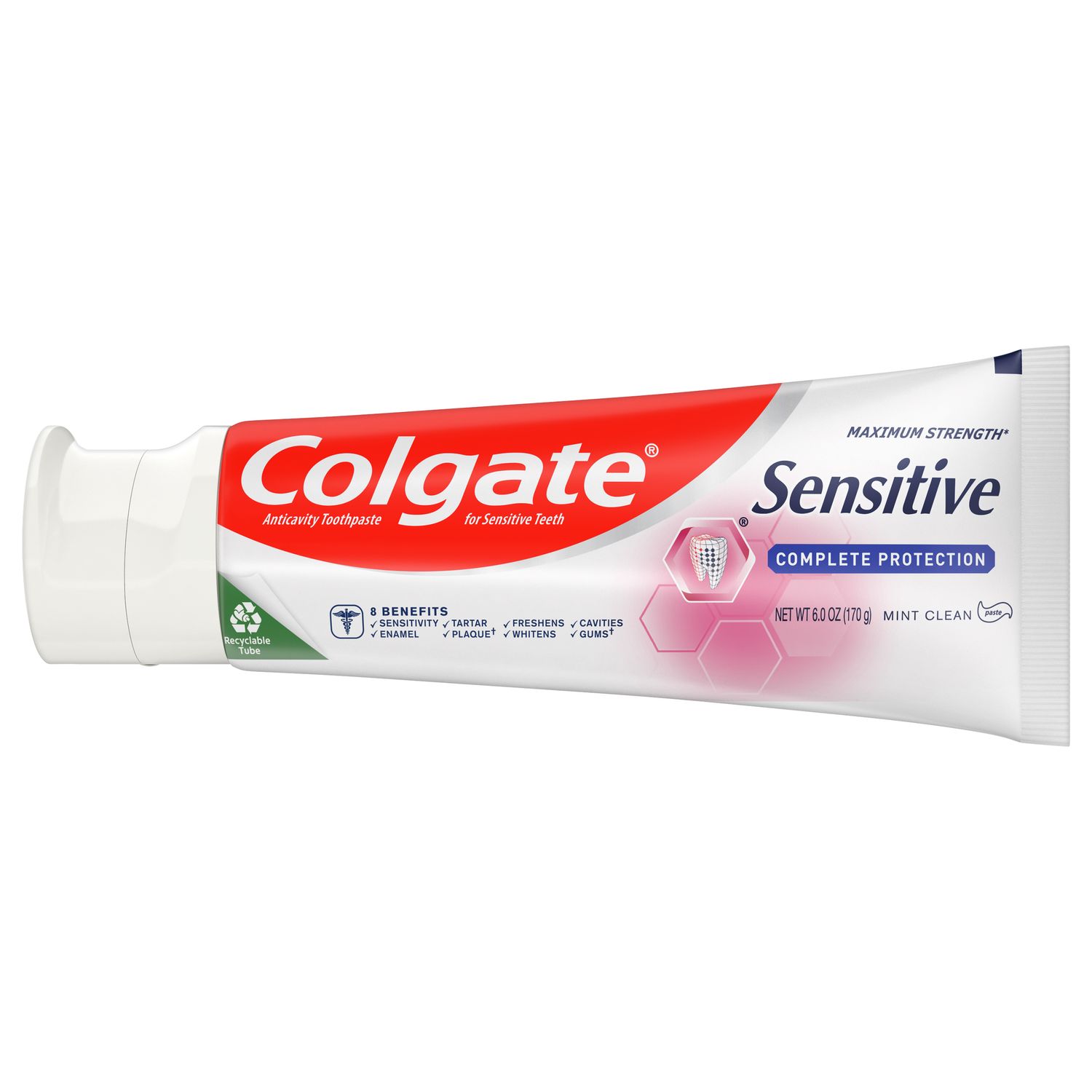Why Are My Gums so Sensitive?
Your gums may be sensitive or sore from brushing too hard, improper flossing techniques, infection, or gum disease. Hormonal changes during pregnancy often make gums more sensitive as well as a vitamin K deficiency. Cancer treatment (radiation therapy), leukemia, and blood disorders may also contribute to sore or sensitive gums.
What Causes Sensitive Gums?
Even if you’re someone who pays careful attention to your oral health, you may find yourself asking why you’re experiencing sensitive gums. Sore gums can result from underlying medical conditions or be the result of more benign causes, like irritation from your mouthguard.
The most common cause of gum sensitivity is gum disease (also known as periodontal disease). Gum disease is a serious condition that can lead to tooth loss if left untreated, so it’s vital to practice proper dental hygiene and schedule a visit with your dental professional if you have symptoms.
Gum sensitivity can be caused by other behaviors or conditions beyond just gum disease, so we’re here to walk you through a few you might not expect.
1. Brushing Too Hard
If you brush too vigorously, you may irritate your gums or wear down your enamel, leading to gum sensitivity.
You’re doing a great job by putting energy into your oral care routine, but it’s a good idea to treat your mouth with care. The technique is more important than force when it comes to your dental health because your teeth and gums are more sensitive than you might expect.
Helpful tips if you brush too hard:
Brush gently for two minutes twice daily by holding your toothbrush at a 45-degree angle and cleaning all surfaces of your teeth.
Use a soft-bristled toothbrush and replace it when it becomes worn (every 3-4 months, according to the American Dental Association).
Select a toothbrush with a strong grip so you can use controlled movements.
Choose a non-abrasive toothpaste with fluoride.
Clean in between your teeth once daily using a flossing device.
2. Hormonal Changes
According to the American Dental Association, if you’re experiencing high hormone estrogen levels or progesterone, you’re more likely to experience gum sensitivity.
These hormones can lead to an increase in blood flow to your gums, which may cause an amplified reaction to plaque or bacteria in your mouth. You may experience inflammation, swelling, or bleeding during times of high hormone levels or volatility.
Hormonal events that can trigger gum sensitivity include:
Puberty
Taking birth control
Menstrual cycle
Pregnancy
Menopause
Helpful tip: Those with high levels of estrogen or progesterone are more likely to develop gum disease. If you're in this category, it’s especially important to practice a proper dental routine and schedule regular visits with your dental professional.
3. Irritation from Food or Dental Devices
A common cause of sensitive gums is irritation from your diet or a dental appliance. Your mouth is adaptive and susceptible to environmental changes, much like other parts of your body. If you introduce a dental devices or regularly consume unhealthy foods or drinks, it could cause a reaction in your oral health.
Gum Sensitivity From Food
If you consume too many acidic or sugary foods or beverages, it could inflame your gums or cause discomfort. For this reason, it’s a smart choice to eat a healthy diet to avoid the problem in the first place. Some items that you might not consider unhealthy may be acidic, like meals with tomatoes or drinks with lemon.
Tips for caring for sensitive gums from a poor diet:
Limit or avoid sugary or acidic foods and drinks.
Rinse your mouth with water or mouthwash after consuming a sugary or acidic item.
Chew sugar-free gum or consume dairy products as both stimulate healthy saliva production.
Eat meals instead of over-snacking to help limit the damage from acid or sugar.
Brush your teeth for two minutes twice daily and clean between your teeth with a flossing device once daily.
In addition to causing temporary sensitivity or discomfort, acidic and sugary items can increase your chance of developing gum disease. Practice proper dental care and schedule regular appointments with your dental professional if you believe your diet has caused gingivitis or periodontitis.
Gum Sensitivity from Your Dental Appliance
Your gums may be experiencing sensitivity because of your braces, retainer, mouthguard, dentures, or other fixed or removable appliances. If you have a new appliance, rest easy knowing that it can take some time to get used to it.
If you find that your dental appliance has been damaged, worn down, or is causing continued irritation to your mouth, it’s a great idea to schedule an appointment with a dental professional. They can adjust your appliance or recommend a replacement that won’t cause discomfort or pain.
How to Treat Sensitive Gums
How you treat your sensitive gums depends on what’s causing them. You can use over-the-counter pain relievers or topical gels for temporary relief, but you should see your dental professional to assess any underlying conditions. Here are some other tips to help prevent and treat sensitive gums:
Practice proper oral hygiene. Avoid aggressive brushing and keep gums strong by flossing. Use a soft-bristled brush to avoid gum irritation and fluoride toothpaste twice a day.
Adjust your diet. Since a lack of vitamin K and C can contribute to gum sensitivity, make sure you get enough in your diet. Green leafy vegetables contain both these vitamins. Kiwi is another good source. Limit sugary, spicy and acidic foods and drinks.
Drink more water. Or chew sugar-free gum If you’re unable to brush after a meal, to help wash food and bacteria from your teeth and mouth.
Quit smoking. Smoking is a major contributor to gum disease and sensitivity and quitting will allow them to heal.
It can be hard to tell if your gum sensitivity comes from gingivitis, periodontitis, or another condition. It’s vital to not only address your gum sensitivity but to treat its underlying cause to ensure it doesn’t progress. Consult your dental professional if you’re experiencing lasting gum sensitivity to receive care. You've done an excellent job preparing yourself for success with an understanding of some surprising causes of gum sensitivity.
This article is intended to promote understanding of and knowledge about general oral health topics. It is not intended to be a substitute for professional advice, diagnosis or treatment. Always seek the advice of your dentist or other qualified healthcare provider with any questions you may have regarding a medical condition or treatment.
ORAL HEALTH QUIZ
What's behind your smile?
Take our Oral Health assessment to get the most from your oral care routine
ORAL HEALTH QUIZ
What's behind your smile?
Take our Oral Health assessment to get the most from your oral care routine
This article is intended to promote understanding of and knowledge about general oral health topics. It is not intended to be a substitute for professional advice, diagnosis or treatment. Always seek the advice of your dentist or other qualified healthcare provider with any questions you may have regarding a medical condition or treatment.













